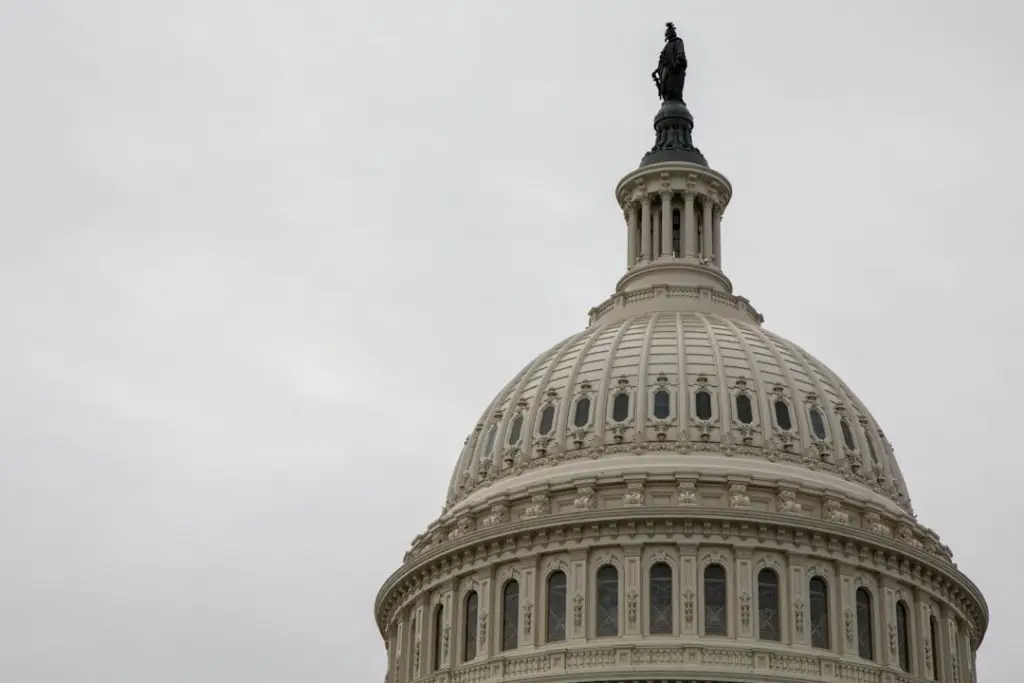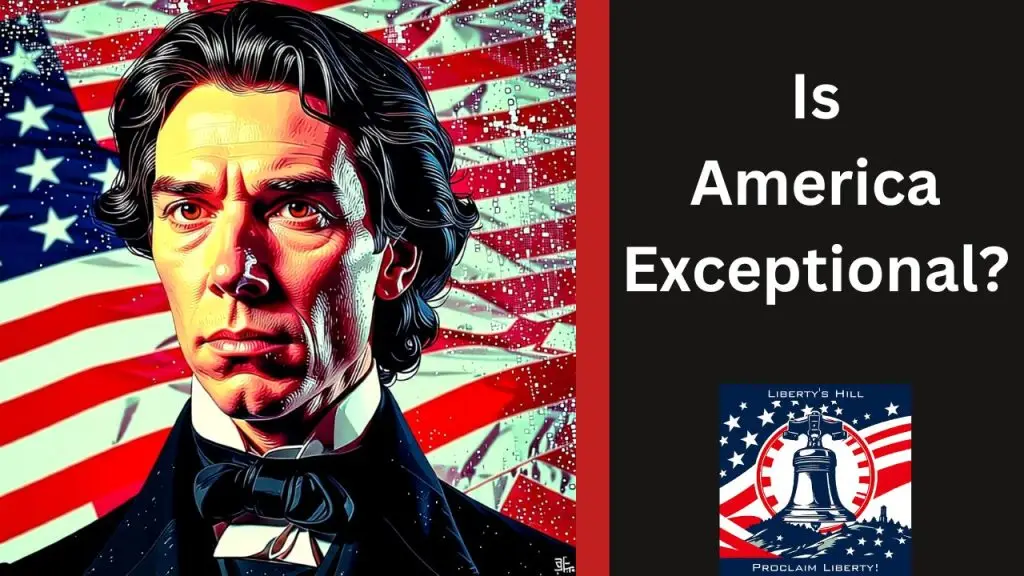Exploring the Roots of American Exceptionalism
In the ongoing discourse about American identity, the concept of American exceptionalism stands out as a significant topic. What does it mean for America to be exceptional, and what are the foundational elements that contribute to this idea? This blog post delves into these questions, exploring the historical, cultural, and moral dimensions that shape the notion of American exceptionalism.
Understanding American Exceptionalism
American exceptionalism is often perceived as a belief that America is inherently superior to other nations. However, this interpretation can sometimes overshadow its deeper meaning. At its core, American exceptionalism asserts that the United States emerged as a uniquely free and enlightened nation shortly after its founding. This belief invites us to explore the roots of this exceptionalism and the factors that contributed to it.
The Role of Christianity in Shaping America
A critical examination of American exceptionalism reveals the profound influence of Christianity on the nation’s development. Alexis de Tocqueville, a French political thinker, traveled to America and noted the pervasive impact of Christianity on American society. He observed that despite the diversity of sects, there was a consensus on the moral duties owed from man to man, rooted in Christian morality.

Photo by Ivan Aleksic on Unsplash
According to Tocqueville, America was the country where the Christian religion exerted the most significant influence over people’s lives. He argued that this influence was essential for the nation’s enlightenment and freedom. This perspective underscores the idea that American exceptionalism is not merely a political or economic phenomenon but is deeply intertwined with the nation’s moral and ethical framework.
The Historical Context of American Exceptionalism
To fully grasp the concept of American exceptionalism, it’s essential to understand its historical context. The roots of this exceptionalism can be traced back to the early colonial period. The Pilgrims and Puritans, seeking religious freedom, established communities in America that emphasized biblical values and education. This foundation laid the groundwork for a society that valued moral conduct and individual responsibility.
The Influence of Education
Education played a pivotal role in the early development of American society. Many of the early American universities were founded with the intent of preparing students for ministry, emphasizing the importance of biblical teachings. This focus on education fostered a culture where literacy and the ability to read the Bible were highly valued.

Photo by Kimberly Farmer on Unsplash
As a result, the proliferation of biblical ideas and values among the populace became a driving force behind the nation’s moral framework. The emphasis on education not only cultivated informed citizens but also encouraged accountability among civil and religious leaders to adhere to biblical principles.
The Separation of Church and State
One of the notable features of American exceptionalism is the principle of the separation of church and state. This concept, often misunderstood, is rooted in the belief that while religion should not directly govern society, it plays a crucial role in shaping the political landscape. Tocqueville noted that religion must be regarded as a fundamental political institution in America, facilitating the maintenance of republican ideals.

Photo by Jon Tyson on Unsplash
Despite the separation, Tocqueville argued that a biblical worldview was essential for the flourishing of freedom and democracy in America. This perspective challenges the notion that a secular society can exist independently of moral and ethical foundations rooted in religious belief.
The Impact of Biblical Values on Governance
The influence of Christianity extended beyond individual morality; it also shaped the forms of government established in America. The checks and balances enshrined in the U.S. Constitution reflect the congregational forms of church governance practiced by many early Christian sects. This alignment between religious practices and political structures is a testament to the deep-seated connection between faith and governance in American history.

Photo by Joshua Sukoff on Unsplash
Moreover, the representative form of government that emerged was not merely a political arrangement but a reflection of the biblical values that emphasized accountability and communal responsibility. The idea that leaders are answerable to the people resonates with the biblical principle of servant leadership.
The Call to Reconnect with Foundational Values
As America faces contemporary challenges, there is a growing discourse around the need to reconnect with the values that contributed to its exceptionalism. While some may argue that a majority of Americans need to adhere to Christianity for this reconnection to occur, the historical context suggests otherwise. The biblical worldview that shaped early American society can still inform contemporary discussions about morality, ethics, and governance.

Photo by Blake Wisz on Unsplash
The emphasis on education rooted in Christian tradition can provide a framework for cultivating a tolerant and flourishing society. It is not about coercing religious belief but rather about embracing the moral and ethical teachings that have historically guided American values.
Conclusion: Making America Exceptional Again
In light of the discussions surrounding American exceptionalism, it is vital to reflect on the foundational elements that have shaped the nation. The interplay between Christianity, education, and governance has created a unique tapestry that defines American identity. By recognizing and embracing these roots, there is potential for a revival of the values that have historically contributed to liberty and human flourishing in America.

Photo by Debby Hudson on Unsplash
As we consider the path forward, perhaps the call to “make America exceptional again” signifies a return to the principles that have guided the nation since its inception. Engaging in this dialogue is essential for fostering a society that values justice, dignity, and prosperity for all.


